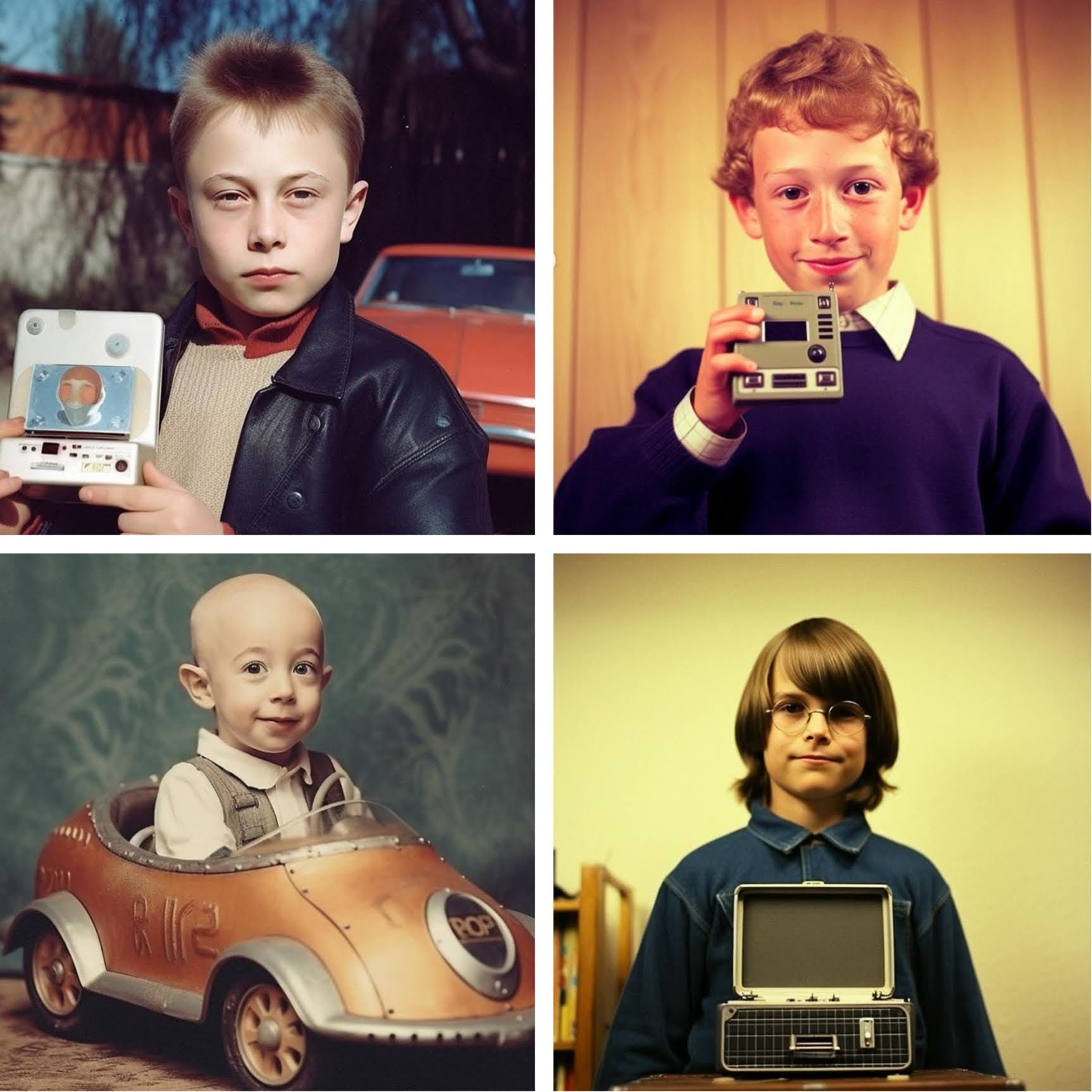Why Silicon Valley's high-flying aspirations often crash and burn
Turns out that delivering internet by balloons and drones was a bad idea. Or was it?
We tend to celebrate Silicon Valley’s biggest ambitions, attempts and promises. But we ignore the news of moonshots that fizzle.
Ten years ago, Silicon Valley convinced the public that remote communities around the world would get internet connections from balloons and drones. Google's Project Loon (balloon-based internet), Facebook's Aquila (drone-based internet) and other highly advanced and elaborate schemes involved the use of AI to position aircraft in a way that enabled bits to be relayed from one craft to the next and back. After massive investment and experimentation, the projects were grounded because they were too expensive.
The tech industry also convinced everyone that the delivery of food and other consumer products would take place via drone. After a decade of experimentation, Amazon launched its Prime Air drone delivery program in Lockeford, California, and College Station, Texas, two years ago. The company announced this week that it’s shutting down the California service and will be trying again in the West Valley Phoenix metro area later.
Amazon also launched Amazon Go stores with no cashiers, where shoppers would essentially shoplift, and cameras and sensors all over the store would be processed by AI (and also armies of human workers in India) to recognize the shoppers, identify their groceries and charge the credit card on file. The company launched 28 stores across the US, but closed 8 of them this month to cut costs. It’s almost certain that they’re losing a ton on money on these stores, but the experiment will continue with the remaining 20 for now.
Don’t even get me started on Elon Musk’s inflated expectation-setting. He claimed in 2017 that Teslas would achieve full self-driving within six months. Seven years later, it still hasn’t happened. Also in that year he said his Boring Company would build a Hyperloop tunnel between New York and Washington, D.C., but that’s not happening. He promised a Tesla semi truck by 2019 (nope), a million Tesla robo-taxis by 2020 (nope) and a manned mission to mars by 2027 (not gonna happen).
Most recently, Apple introduced its Vision Pro device with initial production capped at a 2024 maximum of 800,000 units (due, we were told, to manufacturing and parts limitations). Today, we learned (from Apple analyst Ming-Chi Kuo), that Apple is likely scaling back this year’s total to half that, around 400,000 devices, due to flacid demand.
(Robot expert Rodney Brooks does a great job keeping track of such hype and holds the hypemongers to account.)
What can we take away from all this?
It’s good that companies launch and invest in big bold experiments to move culture forward. But it’s bad for the tech press or the public to naively believe their claims.
The tech press generally fails in its mission to inform the public by drinking the Kool-Aid when Silicon Valley hypes massive, fast progress. And when the expectations aren’t met, it’s crickets. We need more informed skeptics in media and fewer cheerleaders.
Hype about good technology outcomes are often either bullshit or wildly exaggerated. But so is the moral panic about bad outcomes. Notably, fearmongering about AI destroying the world or replacing most workers are almost certainly wrong.
Mike’s List of Must-Read Stories
Microsoft creates video of talking heads based on one photo
How Meta is paving the way for synthetic social networks
Inside the dark world of AI catfishing on dating apps
Jennifer Lopez partners with AI to survive in new Netflix sci-fi thriller
Facebook to let AI generate comments
A company called Dataminr makes AI that regenerates in real time
Mike’s List of Moments
Annoying tech trend of the moment: “Parasite SEO”
Claim of the moment: "Meta's 'metaverse' era didn't last long”
Phrase of the moment: "a prequel to the prequel, itself a sequel to another prequel"
Conspiracy theory of the moment: "dead internet theory"
Mike’s List of Shameless Self-Promotions
Kill meetings (before meetings kill your company)
Read ELGAN.COM for more!
Also: Check out our Gastronomad blog!
Mike’s Location: Silicon Valley, California
(Why Mike is always traveling.)





